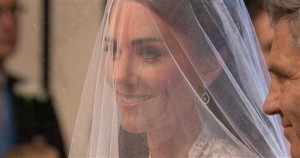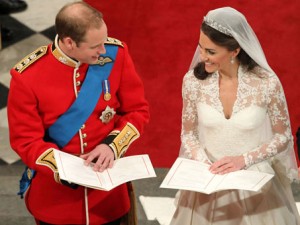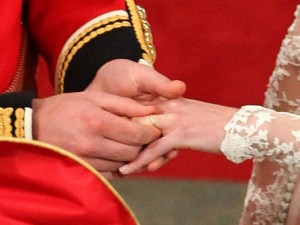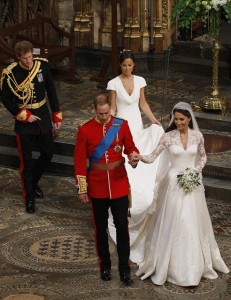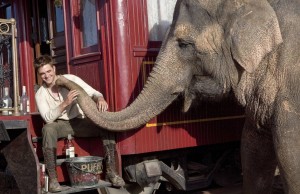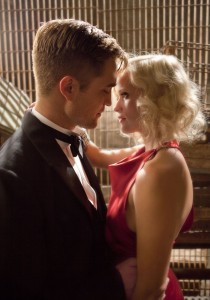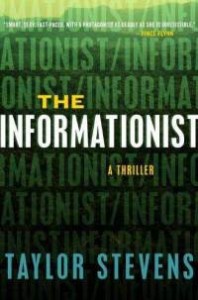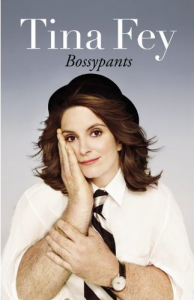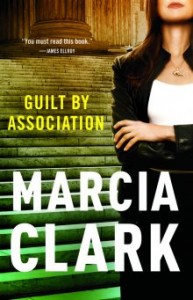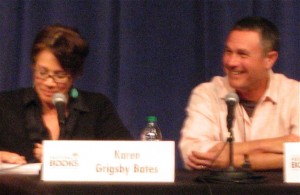
A little blurry due to low lighting...
The second panel I attended last Saturday after “Organized Crime” was Robert Crais’s interview by NPR’s Karen Grigsby Bates. I got in line an hour before it began because the panel was sold out and I was taking no chances of getting a sucky seat in back with a big-haired person right in front of me. Luckily, the Craisie crew and I got nice center seats, taking up almost a whole row. Following are highlights from the session.
Bates asked Crais to talk about how he started writing mysteries in case there were people in the audience who didn’t know who he was. His response: “It’s not possible.” But he obliged and discussed his beginnings as a TV writer before he became a novelist. I won’t recap his early history because you can find those details at his website here.
Bates then asked Crais to tell the audience about Elvis Cole and Joe Pike. “Why won’t you sell them to Hollywood?”
“A book requires a human being to read it. At that moment, we are collaborating,” Crais said. He added that for each person, the collaboration is unique and he wants to preserve that.
Asked what his two protagonists look like, he said, “I’ve never seen Elvis and Joe, I’ve never seen their faces. I’m not sure why; I’m very visual as a writer. I can see the wood in the floor of [Elvis’s] house…I can see his shoes, the wrinkles in his pants. But as it gets higher, it goes into silhouette.”
Bates asked if Elvis and Joe see the world the same way.
“Elvis is more a black-letter-law type of guy. He wants to believe in the system. Joe has no belief in it,” Crais answered.
“The theory,” Bates said, “is that neither will ever be able to have a romantic relationship because of their relationship with each other. Talk about that cost.”
Crais said someone asked on his Facebook page, “Is [The Sentry] the book where Elvis and Joe are finally going to kiss?” He then discussed slash fiction involving Elvis and Joe—stories fans write about them in which they get, ah, really friendly. “I tried reading some of it. It grossed me out,” he said.
Bates then brought up everyone’s favorite polarizing character, Lucy Chenier, the woman for whom Elvis pines. Crais shared an anecdote about a woman at a signing in La Jolla, CA, who said, “I came all the way from Hawaii to say one thing: Kill Lucy.” At this point, Crais polled the audience to see if the majority liked or hated Lucy. By my estimation (being a shortie, though, I couldn’t see over everyone’s heads), more people were pro- than anti-Lucy.
“Elvis still loves Lucy,” Crais said.
“What’s he gonna do about it?” Bates asked.
“You’ll have to wait and see.”
Bates asked about Joe Pike’s love life. “He sees women…but you’re not going to see him standing in line to see Rio,” Crais said.
“Does Elvis meet all his emotional needs?”
“He does have needs beyond Elvis. He doesn’t know how to fill those needs. He feels something’s lacking in him,” that he wouldn’t be able to give a woman what she needs.
“Would he ever do therapy?”
“What would he say?” Crais said. “He knows he’s a hidden man. His whole M.O. is to give away nothing. He’s learned to be that way to survive but he knows it’s not right. He’d like to be more like Elvis but doesn’t know how to do it.”
“Talk about L.A. What is it about it that keeps you placing your characters here?”
“The canvas is spectacular,” Crais answered. He said Los Angeles is a destination for hope, where people come to reinvent themselves, chasing hopes and dreams. “When you have that many people risking so much…it’s true grit for me, fantastic stuff to work with.”
Bates said that some authors, when setting their books in L.A., get their details wrong. But Crais, she pointed out, makes his neighborhoods recognizable. How does he do it?
Crais said he keeps weird hours, getting up at 3 a.m., driving around, sometimes “hanging out at donut shops in South Central talking to people.” He looks for the little things to drop into a scene, asking himself, “What makes it real to me?”
“Talk about your writing schedule. Do you write every day?”
“My work year is only about ten months” because two months are taken up by promotional work and touring. “I’m lazy for about the first third of the book. Then I slam up against deadline hell and then I obsess.” He said when he’s near the finish line, he does 12-14 hours, 7 days a week.
Bates asked Crais what will happen to Elvis and Joe, if he’ll allow them to grow old.
“There’s a heavy action component in my books. If I allow my guys to age in real time, after a while, they won’t be able to do it.” He says he does “a time-slip thing,” putting them in their “gray, foggy 40s” by keeping time references vague. In his early novels, for example, he said the two were in the Vietnam War; now it’s just “the war.”
He continued, “I used to know what the last two books are. The second to last, Elvis gets murdered. In the last one, Joe makes them pay. But I’ll never write them.” He said he hopes he never gets tired of writing Elvis and Joe books “but never say never.”
When Bates asked about his standalone characters, Crais said he would like to see them again. “The question is [whether] to bring them back in their own books or bring them into Elvis Cole’s L.A.”
“What was the hardest book to finish?”
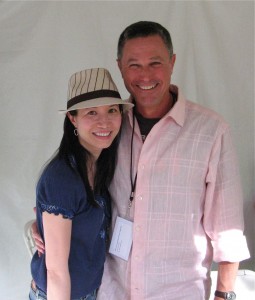
Much clearer here
“L.A. Requiem made me sick to my stomach,” Crais said. He thought his publisher would cancel his contract. It ended up being his first novel to hit the bestseller list. “It got fantastic reviews but it was so different. It had first- and third-person POVs and flashbacks. I was terrified people would reject it. I wasn’t sure if I’d pulled it off.”
At that point, people from the audience started asking questions. The first person asked Crais how many drafts he writes of each novel.
“I revise endlessly…until the publisher says, ‘Crais, you can’t. We’re publishing tomorrow.’ Another weakness is I can’t read my previous books because I want to change stuff. I can’t stand it.”
A bunch more people asked questions but my wrist started flashing the carpal tunnel alert so it was pencil down for me. Hope you enjoyed the report!
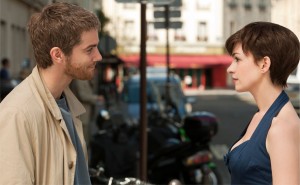 Last summer, I reviewed David Nicholls’s book, One Day, which follows the relationship between friends Dexter and Emma by dropping in on them on the same date every year, from the time they meet on their college graduation day to twenty years later.
Last summer, I reviewed David Nicholls’s book, One Day, which follows the relationship between friends Dexter and Emma by dropping in on them on the same date every year, from the time they meet on their college graduation day to twenty years later.








